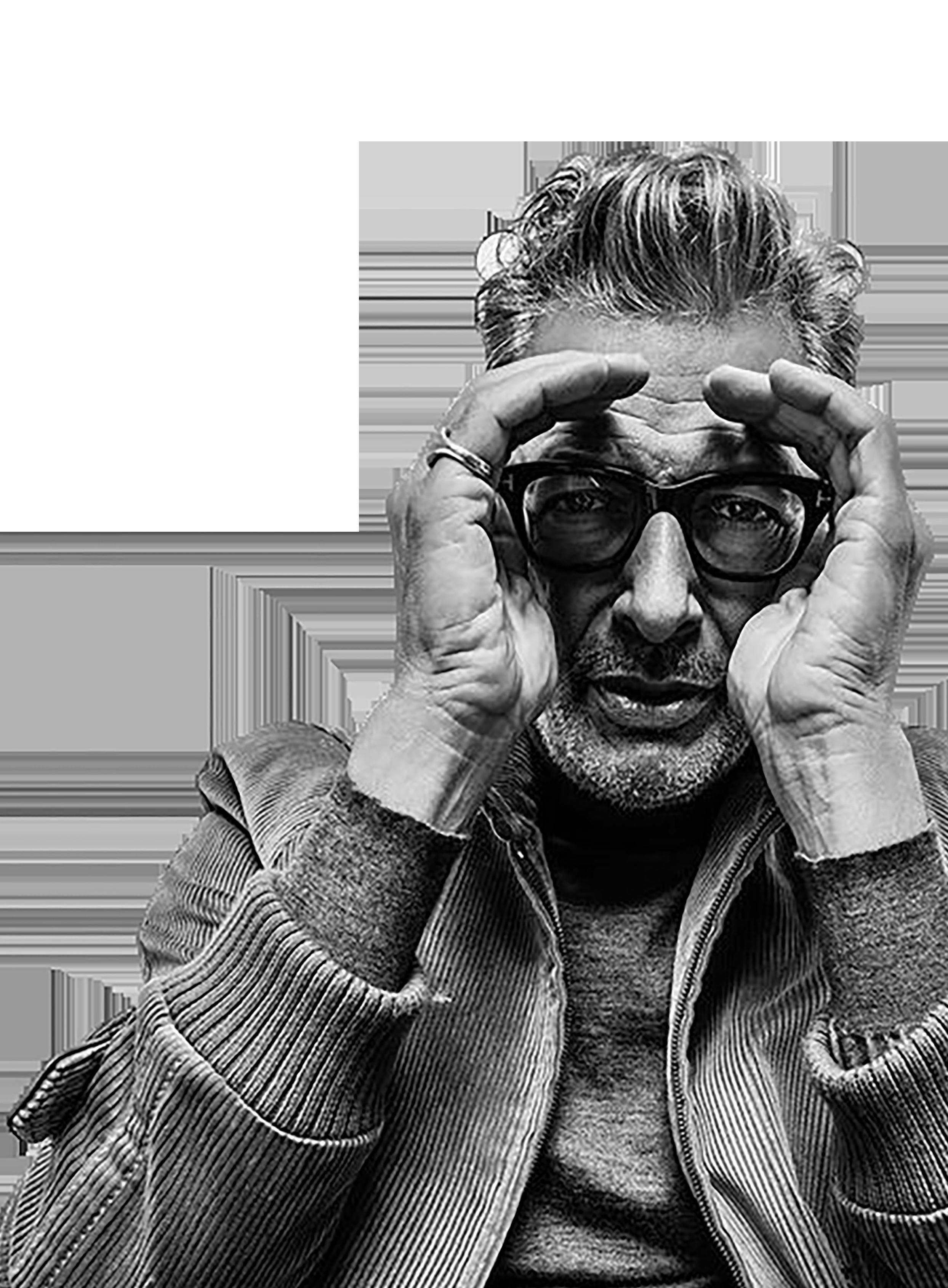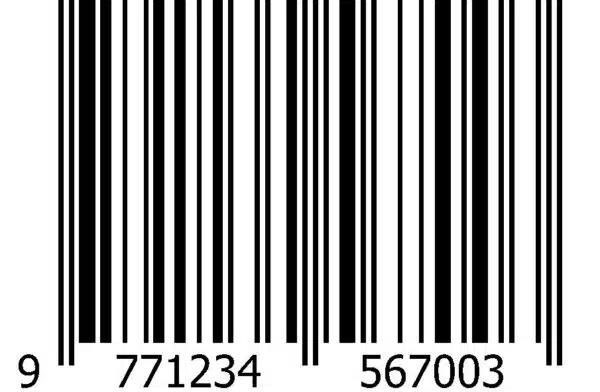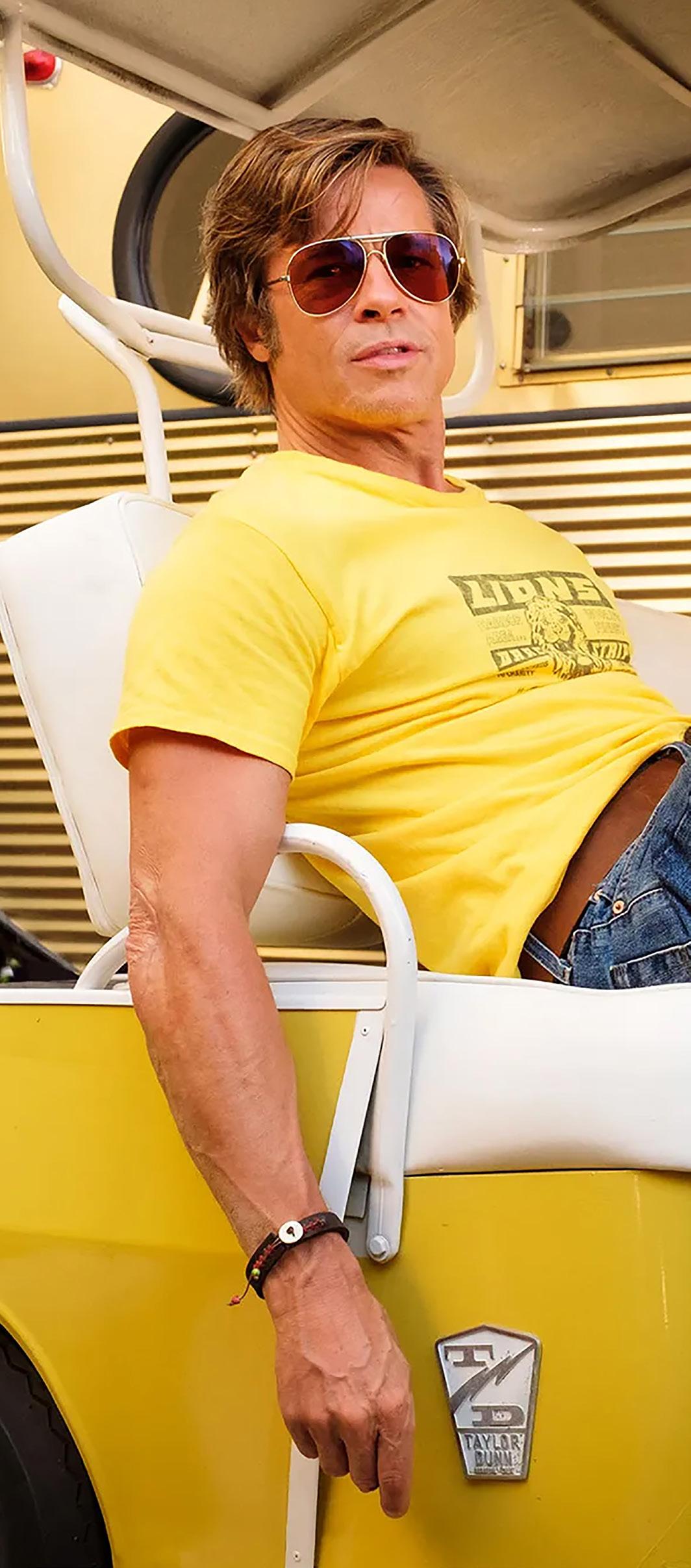Let’s Talk Mental Health







Recomendation of new released films during each month with reviews
All Time Favorites
Movie recommendation by the editorial team from any era and any genre
Editors monthly critics
Critics from our editors about movies with their good, bad, and ugly aspects
Showcasing artistic, beautiful and iconic film shots
Shots Breakdown
Shots breakdown and how to make them with the Break down of cinamtography techniques
Exclussive
List





“
My movies are based in genre, which is a universal language. Everybody speaks it.

by

Bong Joon-ho is a South Korean filmmaker. The recipient of three Academy Awards, his filmography is characterized by emphasis on social themes, genre-mixing, black humor, and sudden tone shifts. He first became known to audiences and achieved a cult following with his directorial debut film, the black comedy Barking Dogs Never Bite (2000), before achieving both critical and commercial success with his subsequent films: the crime thriller Memories of Murder (2003), the monster film The Host (2006), the science fiction action film Snowpiercer (2013), and the black comedy thriller Parasite (2019), all of which are among the highest-grossing films in South Korea, with Parasite also being the highest-grossing South Korean film in history.

Director Bong, although your films are wellloved for their dark humor, they can also be cynical in their outlook. Would you describe yourself as a pessimist?
I don’t think I’m pessimistic at every point, but I want to be honest in the face of the reality that stands in front of us. With Parasite, my thinking was that mankind’s achieved such great development — like the mobile devices we see in front of us but if we think about the past 30 years, has the gap between rich and poor dissipated? Not really. I have a son myself, do I think things are going to improve in his generation? I don’t really think that either. That is the source of a lot of fear, actually. So I wanted to be honest with that fear and sadness and really deliver that.
Is that fear more prominent today, or is this something you’ve been thinking about for a while?
Well, I began developing this idea in 2013 which is already six years ago but of course the issue of gap between rich and poor, of economic polarization was not that different
back then. I was working then on the post-production of Snowpiercer, which is also about class difference and class struggle, where the rich and poor inhabit different carriages on a train — so you could say I was already pretty much in the grip of this idea of class difference already. But with Parasite, I wanted the story to be more about my own surroundings, my own day-to-day surroundings.
Apparently you were determined not to portray the stereotypical image of wealthy Korean families that comes to mind from film and television.
Right, especially in Korean TV shows and in particular soap operas, the conventional villains are so conspicuously greedy and treat the people below them with violence and incredible cruelty and just crush them. You know, in 1995 when I first saw Matthieu Kassovitz’s La Haine I was very surprised to see areas like that in Paris. I didn’t even know the banlieue existed. When I thought of Paris I always thought of the Champs Elysées and everyone drinking wine and listening to accordion music. Sean Baker’s The Florida Project isanother example. Korea is a very rich, very developed country but when a
by

Best known for his cerebral, often nonlinear, storytelling, acclaimed Academy Award winner writer/director/ producer Sir Christopher Nolan CBE was born in London, England. Over the course of more than 25 years of filmmaking, Nolan has gone from lowbudget independent films to working on some of the biggest blockbusters ever made and became one of the most celebrated filmmakers of modern cinema.
Photography by Belstaff

Mr. Nolan, from Interstellar to The Prestige, Tenet, and now Oppenheimer, many of your films have an element of science to them. Why is that?
I think my initial interest in physics, in science and the universe and so forth, is from when I grew up. I grew up in the late seventies and when I was a young child, George Lucas’ first Star Wars came out, and science-fiction was something that really fired up the imagination. And because of that, a lot of the presentation of science — in particular, programs like Carl Sagan’s Cosmos — very much tried to tap into our interest in science fiction. It was something that stuck with me, and it was something I applied very much to films like Interstellar, where I worked with Kip Thorne, the Nobel Prize winning scientist. It showed us the dramatic possibilities, that looking at the universe from a scientific perspective could be very, very engaging.
Kip Thorne also worked with you on Tenet, right?
Kip once again helped me with that, yes, in terms of where that needed to tie into the laws of physics and so forth. With Tenet, I think I had moved on to much more of a science-fiction mindset than with Interstellar, and then in Oppenheimer, we are looking at scientists working in the 1920s, who are reappraising the very fabric of our world, they are visualizing it in completely revolutionary terms. And so you see science in that moment as analogous to the most dramatic revolutionary thought, almost to magic, they are visualizing the world in ways that nobody else can really understand. And to this day, quantum physics has not been fully reconciled with classical physics.
“structure is an inseparable element. I Don’t start writing a script until I am firmly in control of the structure of the piece, it is not imposeD after the fact.


Emily Jean “Emma” Stone is an American actress and producer. Her accolades include two Academy Awards, two British Academy Film Awards, and two Golden Globe Awards. In 2017, she was the world’s highest-paid actress and named by Time magazine as one of the 100 most influential people in the world.
“ what sets you apart can sometimes feel like a burDen, anD it’s not. anD a lot of the time, it’s what makes you great. so, I kinD of sounD like I live in a van Down by the river right now.

My mom would play Les Misérables in our house when I was growing up. She told me the story and then I saw it on stage when I was eight, and it was transformative for me. I loved it. After that, singing became a medium of expressing feelings that was so much bigger than just saying it. I did do musicals growing up, but dance is probably my favorite art form. I took dance for 10 years — mostly tap classes. I was never a technically proficient dancer, I couldn’t be a ballerina, you know? I couldn’t execute a lot of that stuff, so acting really spoke to me in a different way.
You seem remarkably at ease now… What has changed for you? It’s definitely gotten better as time has gone on. I’m not so hard on myself — a lot of it was the pressure that I would put on myself. I’ve learned that anxiety
“
I reminD myself to be kinD to myself anD, as slightly riDiculous as it may sounD, to treat myself in the same gentle way I’D want to treat a Daughter of mine. It really helps.
in its essence is fear. And what is the major fear? Fear of death. There is nothing else to be afraid of. So utilizing the positive side of that, there is this excitement for life, you know, they say anxiety is excitement without breath. So if you breathe through it, it becomes excitement.
So you’ve learned to channel fear into a different type of energy? Exactly, and that energy can be used for really positive things, like acting or telling stories or creativity, really being present in your experiences. There is a lot you can do with it. And that shift is completely on me! That’s internal. Nobody can do that for me. No word or movie or anything. It comes down to me and me. Growing up and realizing that has really helped. For a long time I thought being a sensitive person was like a curse.
Acting is thErApy, EspEciAlly As A kid, it wAs nicE to hAvE An outlEt likE thAt whEn I wAs rEAlly struggling with pAnic AttAcks. Does your growing recognition make those types of experience easier?

You know, I don’t think it has anything to do with that because that’s outward. It’s other people telling you that you are doing well, and relying on the outside world, that’s anxiety-inducing to me. Right now, it’s becoming more and more aligned with knowing why I make the choices I make and owning the mistakes I make and telling myself, “You are okay.” It’s not about high selfesteem, it’s not about, “You’re the best, you’re doing great.” It’s the opposite, it’s: “You messed up here and that’s okay.” You don’t have to beat yourself up about that.

Well, I may have, for a time, bridled at that particular word. If I’m, you know, unconventional, it can be fairly seen sometimes by some people as eccentric. But my path has been from the start one of a devotedly, singular kind of expression. It makes me think of the training that I had in acting with my teacher Sanford Meisner in New York early on. He said, amongst other wise things, that we should try not to copy anybody and find our own unique voice. I think I took that to heart, that’s one of the things that I’ve tried to do, and I’m still on the threshold of finding something more from my personal gizzard.


Goldblum began his career on the New York stage after moving to the city at age seventeen. Possessing his own unique style of delivery, Goldblum made an impression on moviegoers with little more than a single line in Woody Allen’s Annie Hall (1977), when he fretted about having forgotten his mantra. Goldblum went on to appear in the remake Invasion of the Body Snatchers (1978) and co-starred with Ben Vereen in the detective series Tenspeed and Brown Shoe (1980) before a high-profile turn in the classic ensemble film The Big Chill (1983).

“ I’ve always been DisciplineD anD I’m still nothing if not conscientious.
Does that mean that you just show up to the job now?
Well, I trust that if I’ve got a night’s sleep, if possible, and have had something to eat, and have worked on the part, I can kind of just show up. It’s of course a case-by-case basis, depending on the part and the scene. But just put some attention and some good honest effort into trying to solve the puzzles of the scene and it will work out, without overly trying to inflate my condition, my inner thinking and feeling — without overly abusing myself.
How do you ensure that balance?
I like to think of acting as only what you’re doing when you’re playing pretend. When you say, “The literal circumstances of life are not what applies right now and we’re going to play a game where we pretend that we were in other circumstances and we’re other people under other circumstances.” When I’m not doing that, then I’m not really acting.
Didn’t Marlon Brando say we are always acting?
I think he did and I’m interested
in what he thought, because I love him and still he’s a mysteriously brilliant genius to me. I think he was talking about role-playing and the masks that we all wear in life, which, of course, I know about. But I think it’s different. I may be, you know, sometimes engaged in trying to entertain others, but I like to think of acting as only happening when you’re playing the game. It finally needn’t have a lot of rococo decoration on it.
Has a director ever asked you to tone down your own personality for a part?
Look, I can do this in a hundred ways. I find if I tickle myself, there’s more than one way to skin the cat. The directors I somehow have always been attracted to, and who have been attracted to me, have not been such confrontational types. But for instance, I was working all day yesterday with a director and he was suggesting things that I thought immediately, “I don’t like that idea so much.” But I didn’t say anything.